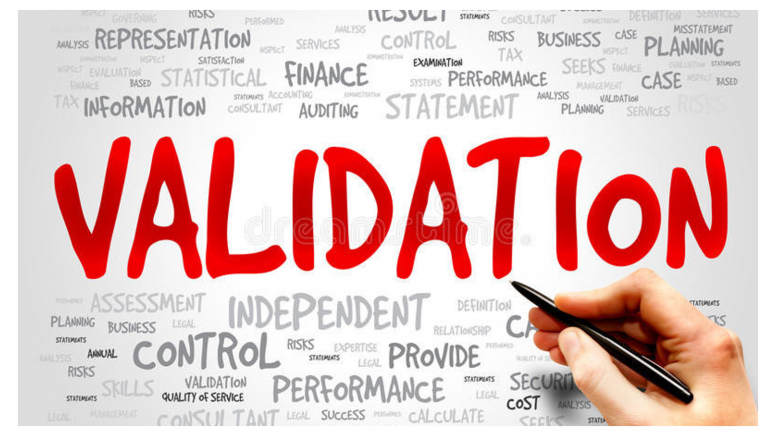We all like compliments and validations from our peers and close ones. Appreciation acts as a fuel to confidence and gives a sense of entitlement. We want people to recognise our presence, and there is no harm in doing so. However, when approval-seeking becomes habitual and an obsession with endorsements overshadows the purpose of doing things, we start suffering distress from negative emotions. There are many reasons why people want external validation like conditioning, self-doubt, fear of rejection, and low appetite for risks. Seeking constant validation is like handing over your key to happiness to others. When we become submissive to others, we indulge in people-pleasing rather than listening to our inner voice.
Ironically, we do not seek approval from everyone but mostly the people who influence our growth. Sometimes, we want to make our presence felt in a crowd or get accepted by a specific people. When we don’t get the desired response, we start to develop bitterness. It can lead to resentment and misunderstanding, which can ruin relations. A constant craving for approval can also lead to emotional issues like anxiety, frustration, fear and restlessness.
We become happy in the true sense when we learn the art of self-motivation and stop getting triggered by external voices. Self-esteem and self-love are vital in developing inner strength to shift focus from outside to inside.
Here are five questions one should address to cultivate self-love and break this trap to experience true freedom and happiness.
Stimulus – What kind of validation am I looking for?
When you turn to others to get a thumbs up, ask yourself what kind of validation you are looking for. Is it attention, acknowledgement, appreciation or reward? When you identify the stimulus, you can easily align your expectations with reality. External validation is not sustainable as you cannot get favourable responses always. It is also not authentic, and people may try to manipulate you by giving misleading feedback.
Impact – How do validation change my mental state?
Observe your emotional patterns when people respond to you. Do you get upset when they ignore you or downgrade your performance? Does that trigger your self-doubt and self-criticism? Do you feel happy only when certain people give your work a shout-out? Do you feel restless when you don’t get the anticipated response? Observe how your thoughts change when you get or don’t get reactions.
Intention – Why Am I Doing this?
Have a clear intention/purpose. For instance, if you want to write a book, define its purpose and what difference you intend to make in society. Once your intention is set, identify key action points and whether you can fulfil them. Intention will help you to avoid distractions and bring accountability.
Action – Did I give my best?
When your objective is to get praise you cheat yourself from real work. Review your efforts at every stage. Ask yourself whether you put 100% effort and creativity into your work. Evaluate your efforts rather than focusing on judgements. Put your energy, skill, and craft into learning new things. You can change the habit of approval-seeking with correct actions and become more sustainable without outside support.
Detachment – Do I think objectively?
Sometimes, you become attached to work you are passionate about. Over-attachment narrows our perspective and makes us intolerant of criticism. When people don’t shower praises, they become your enemies in your head. Cultivate a habit of detachment to avoid unhealthy emotional stickiness. If people compliment, express gratitude. If they criticise, pause and try to analyse their disagreement. If their point is valid, consider making improvements. If not, ignore it and move on. Be kind and non-judgmental with yourself.
The views and opinions published here belong to the author and do not necessarily reflect the views and opinions of the publisher.



Be the first to comment on "How to Stop Seeking External Validation"